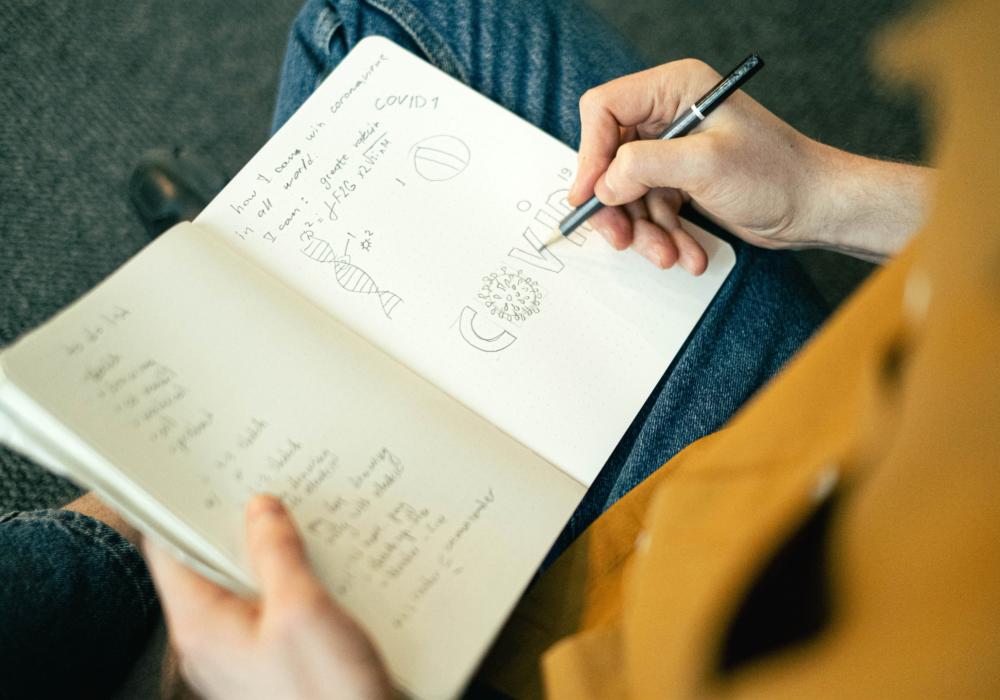2020 is certainly a year that none of us will forget.
We have all been dealing with a protracted period of anxiety, stress and uncertainty in this current Coronavirus pandemic. Most of us are facing what could be called “non-death” losses such as our sense of safety, freedom, physical connection to others and for some, their income, their business or their job.
But added to this, many people have had to face the added pain of the death of a loved one. Some have even been prevented from being present with that person as they have died, others may have been prevented from attending the funeral. These external factors, added to the internal impact of bereavement, present an extremely difficult and challenging time.
In addition, many of our usual, familiar grieving rituals and supports are not available to us. Things such as holding a large funeral to suitably honour our loved one, friends calling in to offer comfort, visits from family members, meals provided and even the comfort of a warm hug.
When faced with significant loss (both when someone has died and also with “non-death” losses), we experience the varied emotional waves of grief: anxiety, anger, blame, sadness, regret, powerlessness, withdrawl and resignation.
Let’s look at some suggestions that may help:
1. Support and Communication.
Daily contact with a friend or family member can be very important. If it can’t be in person, use the phone or Skype to talk with someone each day. Talking about what we’re thinking and feeling is good, but also simply chatting is giving us back a sense of connection. If you’re supporting a grieving friend, think about sending a letter or a simple gift or care package. When you are speaking with them, be ready to listen, to just ‘be’ with them and also to reinforce their value and importance to you. Find a good website (eg Whatsyourgrief.com) that has accurate information and also an interactive feature where the person can post their own thoughts or comments. Professional support can also be very helpful. Talk to your GP or contact the Australian Centre for Grief and Bereavement (03) 9265 2100 to speak with a specialist bereavement counsellor (currently offering phone or online counselling).
2. Routine
Routines provide us with a framework of stability and structure. In the current environment our assumptions about the safety of our society and confidence in our world has been shaken. Bereaved people are also coping with the huge changes that a death can bring. For these reasons, establishing simple daily or weekly routines can restore some sense of stability and balance. Some people even find making a list of what they’ll be doing each day is helpful.
3. Positive Distractions
When we are deeply grieving we need both the opportunity to express painful emotions as well as, at other times, distracting ourselves with positive experiences. Even simple pleasures like a daily walk in the fresh air, a warm bath or a favourite movie need to be part of our routine during these challenging times.
Finally, it’s reasonable to expect that for some, this current crisis may disrupt or complicate their grief. Remember there are useful resources and experienced people keen to help.
These include :
Tuckers Bereavement Care Team Ph : 5221 4788
Australian Centre for Grief and Bereavement (03) 9265 2100
Griefline (03) 9935 7400
Lifeline 13 11 14

